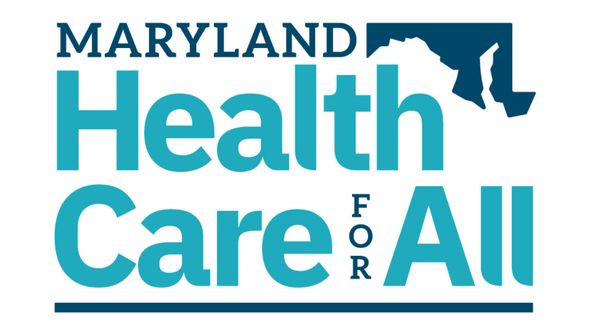WBAL 1090AM
June 30, 2012
Maryland residents who earn more than $100,000 annually will pay more income taxes and many will pay higher fees to flush their toilets under new laws taking effect this weekend.
Under the income-tax law, single taxpayers with an adjusted gross income above $100,000 and couples who make more than $150,000 will see their taxes rise from a quarter of a percentage point to half a percentage point. The tax increases will be retroactive to January.
The state’s “flush” tax on sewer bills will double from $2.50 a month to $5 a month – or from $30 to $60 annually under a measure aimed at upgrading wastewater treatment facilities to reduce pollution in the Chesapeake Bay. The law exempts people who don’t live in the Chesapeake Bay watershed. Gov. Martin O’Malley, a Democrat, led the charge to boost the tax.
Both laws take effect Sunday following a 90-day legislative session that extended from January through April and included major environmental measures. Those measures were largely overshadowed by a last-minute deadlock over the budget that forced O’Malley to call a special session in May.
Alison Prost, executive director of the Chesapeake Bay Foundation, described the regular session as a watershed moment for the bay and its rivers and streams, although some of the measures were opposed by lawmakers from rural areas who said they would be a burden on their constituents in tough times.
“If you look at these bills together, it is going to amount to significant pollutionreduction from varying different sources that are going to move us significantlytoward finishing the job of finally making the bay fishable and swimmable,” Prost said.
O’Malley’s efforts to develop offshore wind failed for the second year in a row, but he succeeded in passing a revised measure to limit where new septic systems can be installed.
The law will create a four-tiered system limiting where developers can build residential subdivisions that use septic systems. It also includes guidelines to target growth in existing developed areas. Local governments will have until December to adopt the limits.
Environmentalists also are cheering a new law to require local governments to set fees to fight storm-water pollution. While the law goes on the books Sunday, counties will have a year to decide what the fees will be and how they will be collected. The law affects Baltimore and the state’s nine largest counties, which will levy a fee on property owners to take steps to reduce pollution caused by rainwater runoff.
A law to ease estate taxes on family farms also is taking effect. It reduces the current estate tax rate from 16 percent to 5 percent for Maryland farms valued at more than $5 million. To qualify for the tax break, someone who inherits a property must use it for farming.
Tax increases on tobacco products other than cigarettes also are taking effect.Health advocates pushed for the changes to bring those taxes in line with the doubling of the cigarette tax from $1 to $2 after a special session in 2007.
Taxes will jump from 15 percent of wholesale to 70 percent on “little cigars.”
Taxes on smokeless tobacco such as snuff will rise from 15 percent to 30percent. There will be no change on premium cigars.
“Together, the new tax increase on little cigars and smokeless tobacco willsave thousands of young people from addiction to these deadly products,” said Vincent DeMarco, the president of Maryland Citizens’ Health Initiative and a proponent of the law.
The cost of death certificates will also increase on Sunday, doubling from $12 to $24.
Legislative analysts estimate the increase in death-certificate fees will raise $667,000 this year.
Last modified: July 11, 2012


